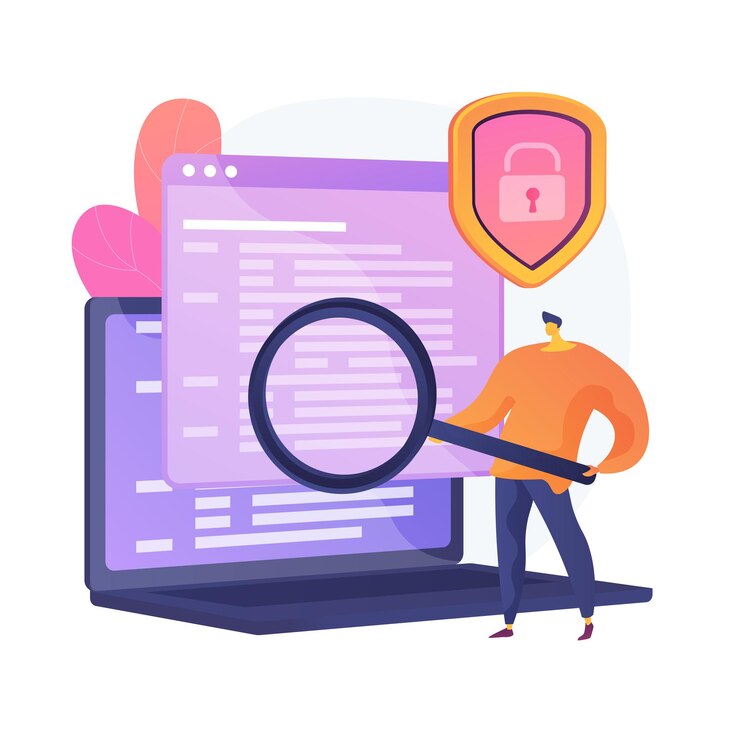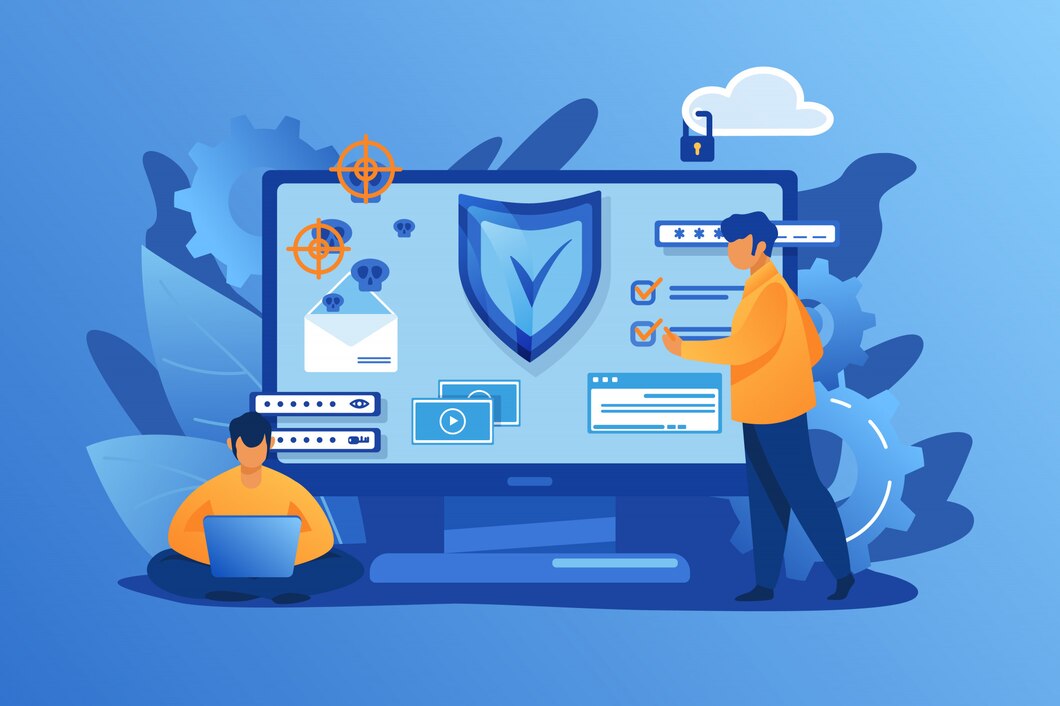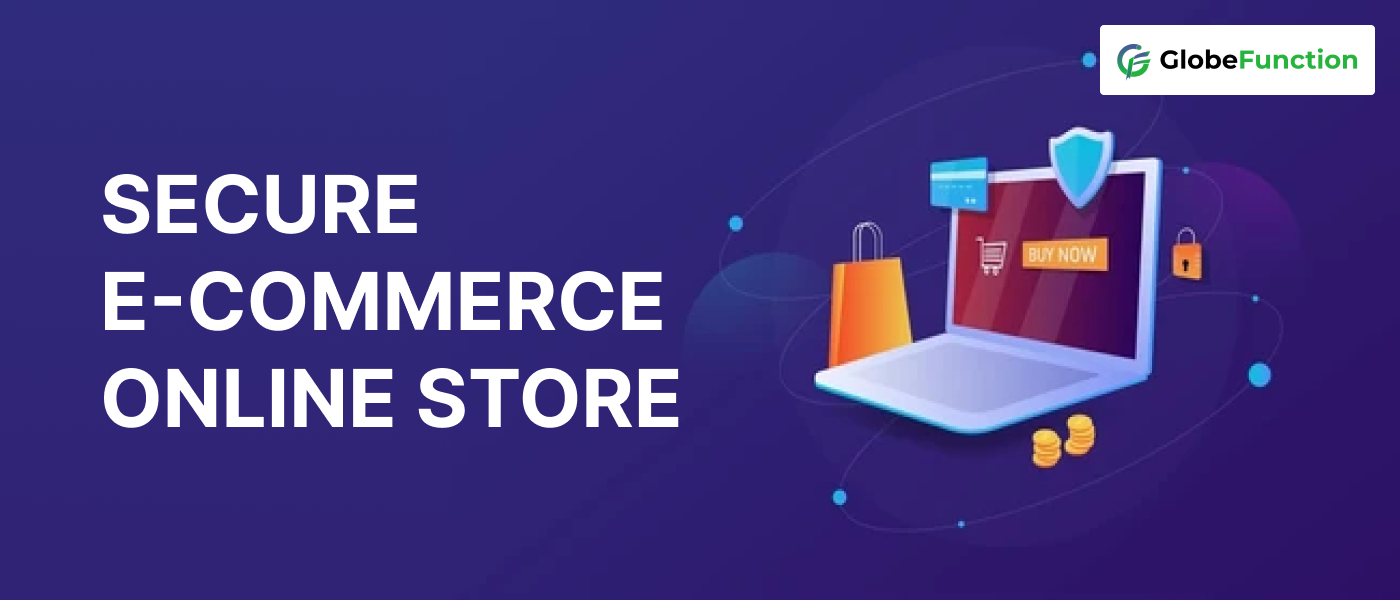The Role of Guardians in Data Security
Your e-commerce security is paramount. Guardianship involves implementing robust measures to protect sensitive data from malicious entities.

Unveiling Vulnerabilities:
Identifying Weak Links
Every online business has its weak links. Understanding and identifying these vulnerabilities is the first step in fortifying your website’s security.
Securing the Perimeter:
Strengthening the First Line of Defence of E-commerce Security
Begin with reinforcing the perimeter. Implementing firewalls, SSL certificates, and multi-factor authentication create an impregnable fortress against cyber threats.
Data Encryption:
The Shield of Cryptography
Encrypting customer data is a crucial aspect of securing your e-commerce platform. Utilizing advanced encryption algorithms ensures that sensitive information remains confidential and secure.
Regular Audits:
The Importance of Routine E-commerce Security Audits
To stay ahead of potential threats, conduct regular security audits. These audits help in identifying and rectifying vulnerabilities before they can be exploited.

User Education:
Empowering Your Customers
Educating your users about secure online practices adds an additional layer of defense. Remind them to use strong passwords and stay vigilant against phishing attempts.
E-commerce Platform Updates:
The Power of Up-to-Date Systems
Regularly update your e-commerce platform to the latest version. These updates often include security patches that address newly discovered vulnerabilities.
Third-Party Integrations:
The Double-Edged Sword
While third-party integrations enhance functionality, they can also pose security risks. Vet all integrations thoroughly and ensure they adhere to robust security standards.

Incident Response Plan:
Navigating Through the Unforeseen
Prepare for the unexpected by having a well-defined incident response plan. This ensures a swift and effective response in the event of a security breach.
Conclusion:
In the dynamic world of e-commerce, prioritizing security is synonymous with safeguarding your business and earning customer trust. By implementing the aforementioned measures, you create a resilient fortress against cyber threats, ensuring the longevity and success of your online enterprise.
Frequently Ask Questions?(FAQs)
Regular updates are crucial for maintaining strong security. Aim for frequent updates, at least monthly, to patch vulnerabilities, enhance defenses, and stay ahead of emerging threats.
SSL (Secure Socket Layer) is fundamental for E-commerce security. It encrypts data transmitted between users and websites, ensuring sensitive information like payment details remains confidential, reducing the risk of data interception.
Preventing phishing attacks requires a combination of employee training and robust technological solutions. Educate staff and users to recognize phishing attempts, and implement email filtering systems and two-factor authentication to add layers of protection.
Yes, compliance standards vary across industries. Some, like GDPR and HIPAA, are specific to certain sectors, outlining rules for data protection. It’s crucial for businesses to identify and adhere to the compliance standards relevant to their industry.
In the event of a security breach, swift action is crucial. Isolate affected systems, investigate the breach, notify affected parties, and implement corrective measures. Follow a predetermined incident response plan to minimize damage and prevent further harm.
Yes, AI plays a vital role in enhancing E-commerce security. It can analyze vast amounts of data in real-time, identify anomalies, and detect patterns indicative of potential threats. AI-driven tools can significantly strengthen a business’s ability to detect and respond to security incidents.














